The Guardian has, once again, published propaganda masquerading as journalism. With “Why do traffic reduction schemes attract so many conspiracy theories?” the Guardian has ignored and hidden the evidence, resorted to unjustified allegations, promoted empty tropes, spun a misleading narrative and propagandised in pursuit of its, and its partners, globalist objectives.
Journalism is not the emotionless, objective pursuit of nothing but the facts. Without opinion, journalism would be a cold, academic exercise. Journalism does, however, differ from fiction in that it reports and supposedly interprets the facts. Where a journalist’s opinion is expressed, an evidence based argument should be presented to substantiate it.
In the article the Guardian says that Jordan Peterson is a “hard-right culture warrior.” The Guardian has published the opinion that Jordan Peterson is an extremist. That is what “hard-right” means.
“Extremism” means a belief that most people don’t accept as being either correct or reasonable. The Guardian shares this view and asserts that Peterson’s “claims have no basis.” Unfortunately, Guardian readers, if they simply believe it, have no chance of deciding for themselves if Peterson’s views are either correct or reasonable because the Guardian has thoroughly deceived them with its alleged reporting.
The Guardian continues its deceit by stating that Peterson’s view is “nonsense.” It justifies this assertion by saying that this alleged reality has been repeatedly insisted upon by some unnamed people.
The Guardian broadens its attack, claiming that anyone who shares Peterson’s opinion about the Oxford plan is also an extremist:
.. [. . .] large numbers of people, often from the far right or with links to other conspiracy theories, have leapt aboard.
The Guardian insinuates that the people it labels as “conspiracy theorists” are also “far right” extremists who believe “nonsense.” These dangerous radicals include “vaccine conspirators” and “climate conspirators.” The people the Guardian brands as “far-right” can be identified, it claims, because they “believe in the idea of a ‘great reset’ plot led by multinational organisations.”
Perhaps the Guardian is right? What evidence does the Guardian offer to substantiate its opinion?
None! Absolutely none at all.
Presumably, the Guardian thinks its readers will believe whatever assertions it makes and that it doesn’t need to offer any evidence. It also claims to be uniquely independent and that it is “free from commercial or political interference.” This must be all the Guardian deems necessary to convince its readers that everything it “reports” is some sort of evidence based opinion.
The Guardian says that it serves its readers with “trusted journalism” and that “millions have placed their trust in the Guardian’s fearless journalism.” That’s why it can attack people like Peterson, and those who might agree with some of his points, without offering any facts or evidence. Millions of its readers can simply “trust” the Guardian, because it says so.
The Scott Trust limited board secure the independence of the Guardian’s editorial policy by appointing the editor-in-chief who reports exclusively to them and sits on the same board. Scotts Trust limited is the Guardians only shareholder.
The Chair of the board is Ole Jacob Sunde, a global investment banker and founder of the Norwegian Investment bank Formue. Vivian Schiller is another Scott Trust board member. She is a frequent contributor the World Economic Forum and a member of the US foreign policy think tank, the Council on Foreign Relations (CFR), among others.
Katherine Viner, The Guardian’s editor-in-chief who was appointed by and reports solely to the Scott Trust limited board she sits on, has said that the Guardian’s journalism has “something to do with holding power to account, and upholding liberal values.” This notably vague commitment to questioning power, which hitherto has been a core principle of journalism, has, under Viner’s leadership, given way to other priorities:
We cannot merely criticise the status quo; we must also explore the new ideas that might displace it. [. . .] Guardian journalism should have the biggest possible impact and try to change the world for the better. [. . .] .. to do what has been the mission of the Guardian since 1821: to use clarity and imagination to build hope.
The “trusted journalism” at the Guardian is less about “holding power to account” and criticising the “status quo” and more about “building hope.” Not so much a newspaper but more a change agent with the “biggest possible impact.”
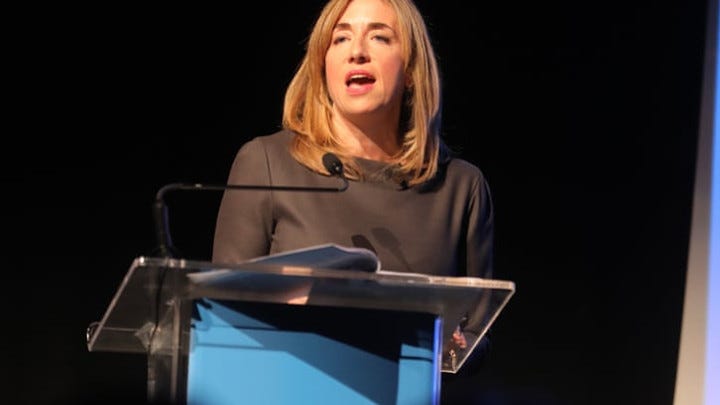
So perhaps it isn’t surprising that the Guardian still imagines that the “Great Reset” is a “conspiracy theory.” They claim that it is just a suggestion from the WEF about a “way for global economies to rebound and reshape themselves after Covid.”
Presumably, no one at the Guardian has bothered to read COVID 19: The Great Reset or explore the WEF’s Great Reset agenda or the extensive, associated policy “transformation map” that the WEF calls its strategic intelligence insights. Perhaps the Guardian doesn’t know that the WEF represents more than 200 of the world’s most influential global corporations or that it has a strategic partnership with the United Nations for the purpose of “accelerating” sustainable development, or that the WEF wields immense political power, boasting of its ability to infiltrate cabinets around the world.
At least, that is all we can assume. Otherwise, the Guardian’s belief that the so-called Great Reset is a “conspiracy theory” of the “nothing to see here” variety is, at best, comically naive: hardly “fearless journalism.”
Although, if we look to the Scott Trust limited board and the Guardian’s management structure and commercial partnerships, we might suspect that the Guardian has a vested interest in diverting attention away from the WEF and other globalist organisations and institutions.
It is a consistent trait for MSM outlets like the Guardian to insist that multinational corporations, and the international and intergovernmental organisations they form are completely incapable of working together to further their own interests. Beyond slavish agreement, whatever organisations like the WEF or the UN do and say is of no interests at all to MSM “journalists.” Still, as the Guardian’s own editor-in-chief intimated, holding power to account isn’t really the Guardian’s thing.
Peterson pointed out on Twitter that Oxford County Councils’ plan to trial a “15 minute city” is a plan by “tyrannical bureaucrats” to decide “by fiat” where Oxford residents are “allowed” to drive. Further, Peterson says this is part of a “well-documented” globalist plan.
The Guardian, cast scorn upon Peterson’s observation. To substantiate its view, the Guardian linked to Oxford County Council’s published plan. The opening statement of which decrees:
When they are operating, private cars will not be allowed through the traffic filters without a permit. All other vehicles including buses, coaches, taxis, vans, mopeds, motorbikes and HGVs will be allowed at all times.
The “fearless” journalists at the Guardian must have missed this bit. Quite clearly it reveals that Oxford County Council has ordered, by fiat, where the citizens of Oxford are to be “allowed” to drive around their own city.
The Guardian are right to point out that traffic management schemes are not uncommon. The Guardian also misleads its readers utterly by insinuating that the “15 minute city” is nothing more than a traffic management scheme.
There is no doubt that Oxford County Council’s plan is part of the “15 minute city” agenda. The stated objective is to split the city into “15 minute neighbourhoods.” Oxford County Council’s cabinet member for travel and development strategy, Duncan Enright, said:
It is about making sure you have the community centre which has all of those essential needs, the bottle of milk, pharmacy, GP, schools which you need to have a 15-minute neighbourhood.
The “15 Minute City” agenda stems from the work of the World Mayor Summit—C40—-group. C40 states that “the Global Green New Deal is our essential blueprint.” The Global Green New Deal was formulated by the United Nation’s Environmental Program (UNEP) in 2009.
C40 adds:
C40 is working side-by-side with our mayors to secure a green and just recovery from the pandemic. [. . .] Nothing short of transformational change on a global scale is needed within the decade.
Transformational change on a global scale is, according to the Guardian’s “independent” editor-in-chief, the new driving ethos of the Guardian. So, the United Nation’s and C40’s global “15 minute City” agenda is precisely the kind of thing the Guardian is intent upon promoting.
The term “15 minute city” was first coined by Professor Carlos Moreno in 2016. As
Peterson said, the idea seems lovely:
.. [. . .] cities should be designed – or redesigned – so that residents of all ages, backgrounds, and abilities in all parts of the city are able to access their daily needs (housing, work, food, health, education, and culture and leisure) within the distance of a 15- minute walk or bike ride.
But then again, all sales pitches sound wonderful. In the hands of policy makers, the proposed reality is somewhat different.
Without any comment at all, the Guardian casually slips into its alleged article:
Officials acknowledge that it is a relatively ambitious scheme for a UK city, intended to nudge people into using buses, bikes or walking rather than private cars for short trips.
There is no acknowledgement from the Guardian that “to nudge” means deliberate behaviour change forced upon the population and is a coercive technique based upon the unethical use of applied psychology. Simultaneously the Guardian, which professes its “faith in ordinary people,” ignores the fact that the global “15 minute city” agenda is a direct threat to small to medium size enterprises in Oxford.
Oxford hotelier Jeremy Mogford said:
These new measures will bring additional costs, which will chip away at people’s ability to pay their bills and costs. I don’t think these measures are necessary – it’s the whole infrastructure at risk, including delivery drivers and builders. What we have is people making decisions that don’t live in the city centre or spend much time in the city.
This is fine and all absolutely necessary according to organisations like the World Economic Forum, who call this type of urban planning “creative destruction.” Katherine Viner refers to the same destruction as the “new ideas” which will “displace” the old status quo to “change the world for the better.”
Presumably WEF members on the Scott Trust limited board and those in the Guardian Management Group (GMG), like Emily Bell, chair of the World Economic Forum’s Global Advisory Council on social media, are fully behind the creative destruction, regardless of the human cost. Apparently, it is the Guardian’s role to “explore” their ideas and “build hope,” not question them.
The Guardian’s independence extends to being paid to publish its so-called journalism. It also has a number of “partnerships” with powerful philanthropic organisations. The Guardian justifies its “partnerships” by saying that it is “working to find new ways” to fund its “journalism.”
The Guardian is supported by the Open Society Foundation, the Oak Foundation and the Bill and Melinda Gates Foundation (BMGF), among others. The BMGF are the leading investors in the Children’s Investment Fund Foundation (CIFF).
The CIFF are “strategic funders” of the C40 movement pushing the “15 minute city” global agenda enthusiastically adopted by Oxford County Council. The Guardians other “partners,” the Open Society Foundation and the Oak Foundation, are among C40’s “major funders.”
The Guardian takes money from the people behind the “15 minute city” idea and it has representatives of the World Economic Forum on its board and in its management structure. The editor-in-chief reports directly to these individuals and the “newspaper” has financial partnerships with the organisations that wish to see “creative destruction” take effect. Although the Guardian claims its journalism is “fearless” and fiercely “independent.”
The Gaurdian also claims that Jordan Peterson is talking nonsense, that the alleged “Great Reset” is a “conspiracy theory” and all who point towards the fact that the “15 minute city” most certainly is part of a “well documented plan,” administrated by “tyrannical bureaucrats,” are nothing but “far-right” extremists.
The Guardian hasn’t discussed any of the evidence cited in this article and has instead led its readers to believe that the evidence doesn’t exist. It has lied to its readers, both through reporting direct falsehoods and by omission, preferring to attack those who highlight the evidence it seeks to obscure through the use of unsubstantiated slurs and innuendo. The Guardian has engaged in this deception on behalf of the global public-private partnership it serves and protects.
The Guardian hasn’t offered any evidence to back up its own claims or allegations because its primary purpose is to move its readers away from evidence and rational debate by eliciting an emotional response. It continues to instil a sense of fear in its readers by alleging that anyone who questions “sustainable development” is a far-right extremist.
The Guardian’s article is not journalism. It is anti-human, globalist propaganda.
There is no reason to believe anything the Guardian says about its supposed “independence” or its non-existent “fearless journalism.” None of its reports ever disclose the huge conflict of interest at the heart of the Guardian media organisation.
The Guardians stated objective is to convince its readers to believe in the transformational change it advocates, while still claiming to be a “newspaper.” It is nothing of the sort. It’s a marketing publication.
The Guardian is completely useless.


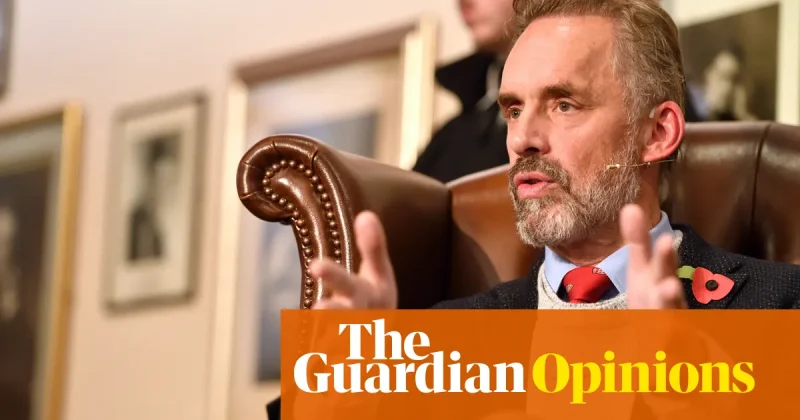
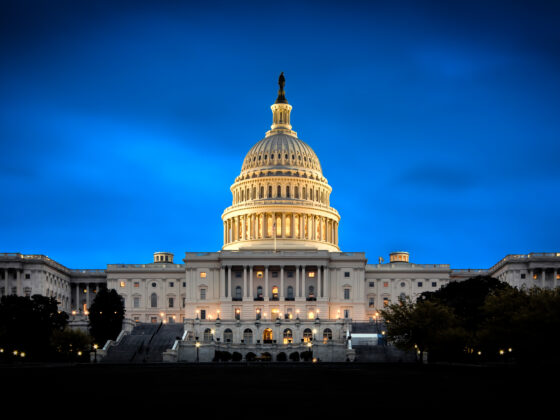
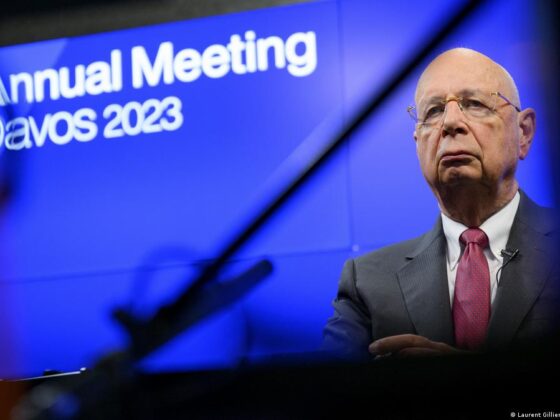


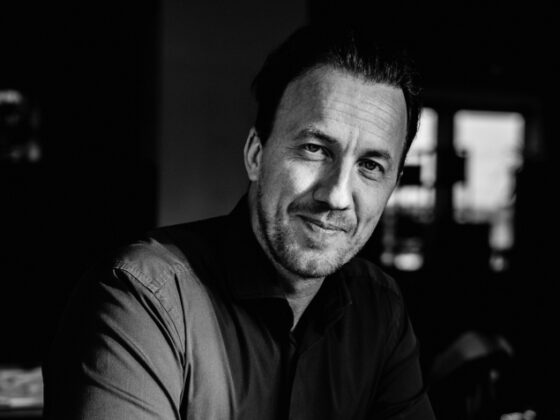


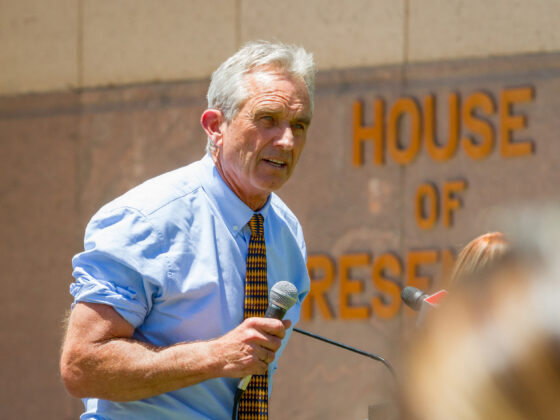



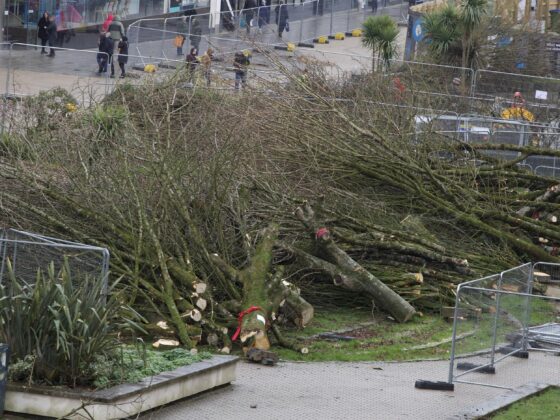
1 comment
Awesome, incredible succinct, well-written article.
Passing it on.
Thank YOU!!!